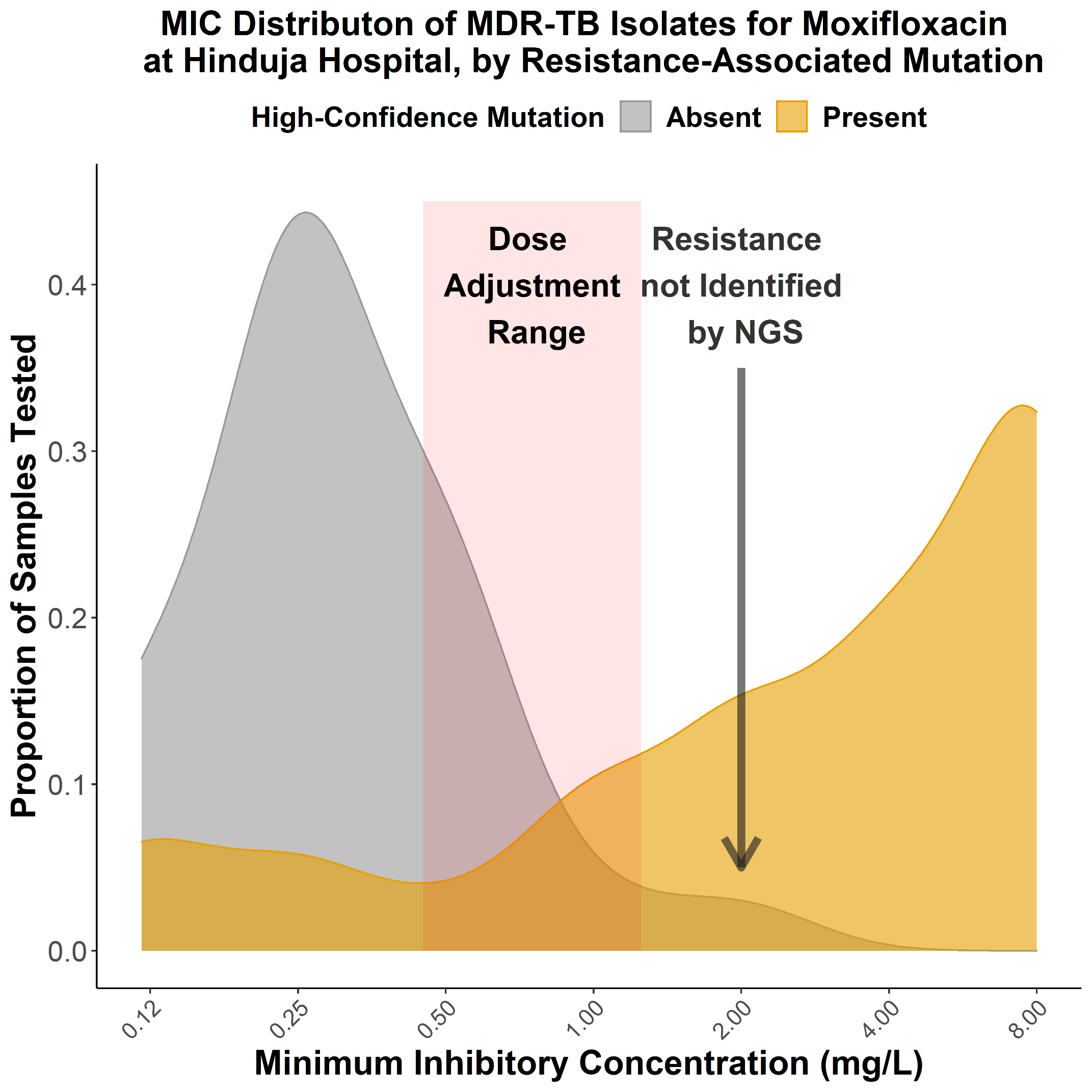Bio
“Predicting Immunogenic
Neoepitopes in Cancer”

Dr. Rachel Karchin is a Professor in the Departments of Biomedical Engineering and Oncology, with a secondary appointment in Computer Science at Johns Hopkins University, She received a Ph.D. in Computer Science from the University of California, Santa Cruz in 2003, spent three years as a postdoctoral fellow in the Department of Biopharmaceutical Sciences at University of California, San Francisco, and joined the Hopkins faculty in 2006. Working closely with cancer geneticists, pathologists and oncologists, her lab has developed novel tools to identify pathogenic missense mutations and driver genes, to model tumor evolution from next-generation sequencing data, and to predict tumor neoepitopes.
▶RECORDING
Abstract


“Predicting Immunogenic
Neoepitopes in Cancer”
Identifying neoepitopes that elicit an adaptive immune response is a major bottleneck to developing personalized cancer vaccines. Experimental validation of candidate neoepitopes is extremely resource intensive and the vast majority of candidates are non-immunogenic, creating a needle-in-a-haystack problem. Here we address this challenge, presenting computational methods for predicting class I major histocompatibility complex (MHC-I) epitopes and identifying immunogenic neoepitopes with improved precision. The BigMHC method comprises an ensemble of seven pan-allelic deep neural networks trained on peptide-MHC eluted ligand data from mass spectrometry assays and transfer learned on data from assays of antigen-specific immune response. Compared with four state-of-the-art classifiers, BigMHC significantly improves the prediction of epitope presentation on a test set of 45,409 MHC ligands among 900,592 random negatives (area under the receiver operating characteristic = 0.9733; area under the precision-recall curve = 0.8779). After transfer learning on immunogenicity data, BigMHC yields significantly higher precision than seven state-of-the-art models in identifying immunogenic neoepitopes, making BigMHC effective in clinical settings.
▶RECORDING